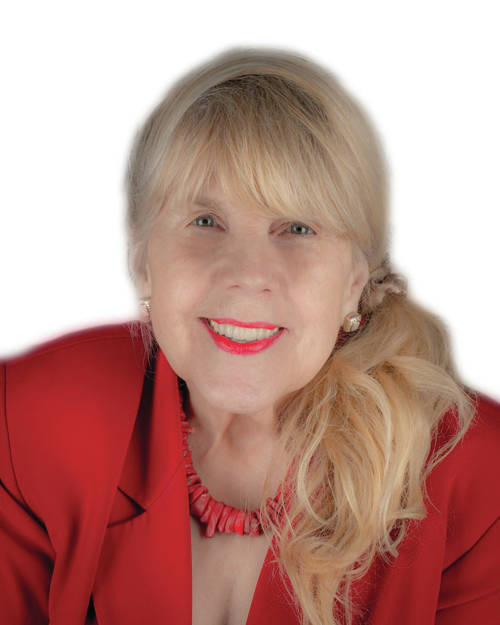
By Vivian Blevins
Contributing Columnist
As the committee appointed to investigate the Jan. 6, 2021, attack on the U.S. Capitol continues its work, we learn more and more about the division in our country, a division that seems to accelerate and keep us more anxious about the future of democracy as we understand it:
· We wonder about the legitimacy of those who refuse to testify;
· We ask ourselves if the punishment of those who came to the Capitol that day and participated on a host of levels is being carried out in appropriate ways;
· Some of us are brave enough to ask what the ongoing outcomes would be if most in that group had been African Americans;
· And we have a vocabulary that is unique to us based on our political stance. Or is it more than political beliefs as we watched in disbelief as that day played out and we sat before our television sets, needing the big screens they offer to come to some understanding of what was happening with particular members of the crowd intent on locating Nancy Pelosi and Mike Pence and a scaffold with a noose constructed outside the building?
Today’s high school and college students will speak of this day to their children and grandchildren. What will they say and what will the texts and materials used in their American government and history reveal about Jan. 6, 2021, and the aftermath.
In a creative writing class that I teach at Edison State Community College each fall, I invite my students to study the poems of Edgar Lee Master’s Spoon River Anthology, first published in 1915, in which the poet uses short, free-verse poems to allow the dead to speak the truth about their past lives in the imaginary town of Spoon River.
Once students opt for this assignment, they are then to research the deaths of Americans and write five or six poems, a preface and an epilogue to create a suite. There is recent American history aplenty for my students to consider if they opt for this assignment: the shootings in the Oregon District of Dayton, the Walmart in El Paso, the concert in Las Vegas, the synagogue in Pittsburgh, the gay night club in Orlando.
What they produce is termed “creative non-fiction.” And their poems depend upon their ability to connect with the reality of the lives of the deceased and use that information to imagine what their subjects might articulate after their hearts stop.
For the column this week, I’d like to share with you from the poems of my student Courtney Bair (excerpt from the preface; monologue of Ashli Babbitt, 34, Air Force veteran, shot and killed by a Capitol police officer, avid Trump supporter on social media; and excerpt from the epilogue):
Capitol Hill
Where are Brian, Ashli, Kevin, Rosanne, and Benjamin,
The courageous, the proud, the passionate, the misguided, the outspoken?
The Hill laid them all to rest… .
………………………………………
Ashli Babbitt
No one could be more devoted than I.
I dedicated my life for this country,
I fought for this country,
I fought for freedom.
The window through which I climbed
Was my gateway to justice,
But I was shot down like I was a traitor,
Like I was the enemy,
Trying to destroy democracy.
It was always my duty,
And I served with pride
To put first the good of the nation.
Is this how they treat their heroes,
Why try to save the government from itself?
——————————————————————————————-
Congressional Power
Where laws are written,
Election results verified,
Presidents inaugurated,
Speeches delivered.
This house of great power
Was found woefully unprepared
For the violence and anger
Knocking don its doors… .
My role as faculty is not to dictate points of view but to encourage my students to use their critical thinking skills and their creativity to consider/discover what is important to them, and to use their knowledge/skills/imagination to write poems, plays, and stories that will resonate with an audience.
My hope is always that with this example I’ve given, you will be inspired to create. One of the ways in which we deal with the death of those we love, and the obstacles we face such as this ongoing pandemic, is to write and to share that writing.
Vivian B. Blevins, Ph.D., a graduate of The Ohio State University, served as a community college president for 15 years in Kentucky, Texas, California, and Missouri before returning to Ohio to teach telecommunication employees from around the country and students at Edison State Community College and to work with veterans. Viewpoints expressed in the article are the work of the author. The Daily Advocate does not endorse these viewpoints nor the independent activities of the author.




